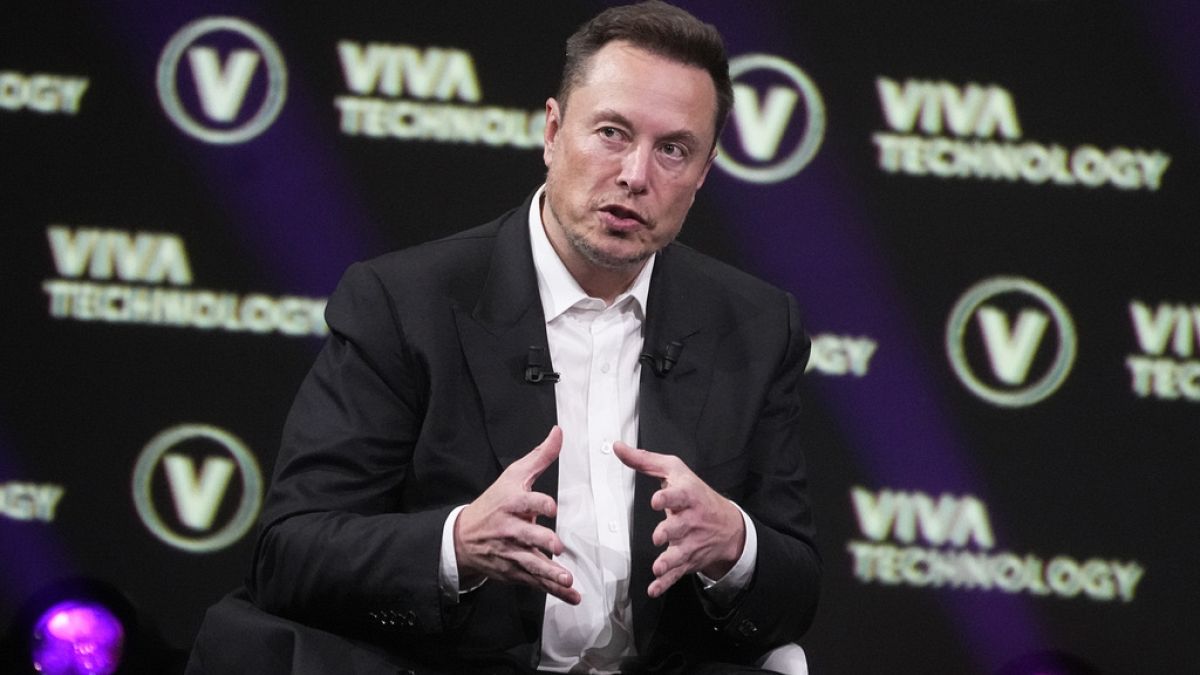BMW, Porsche, And The Shifting Sands Of The Chinese Automotive Market

Table of Contents
The Rise of Domestic Competition
The Chinese automotive market is no longer solely the domain of established international players. The rise of domestic brands presents a significant challenge to luxury giants like BMW and Porsche.
The Growing Strength of Chinese Automakers
Chinese automakers, such as Nio, Xpeng, and BYD, are rapidly gaining ground. Their success is driven by several factors:
- Technological Innovation: Chinese brands are aggressively investing in electric vehicle (EV) technology, often surpassing international competitors in areas like battery technology and autonomous driving features. Models like the Nio ET7 and Xpeng P7 are prime examples of this technological prowess.
- Competitive Pricing: Domestic brands often offer comparable features and technology at significantly lower price points than their international counterparts, making them highly attractive to price-conscious consumers.
- Government Support: The Chinese government actively supports the growth of its domestic auto industry through subsidies, tax breaks, and favorable regulations, creating a strong competitive advantage.
- Improved Build Quality and Technology: The perception of Chinese vehicles has dramatically improved in recent years. Significant advancements in build quality, safety features, and technological integration have significantly enhanced their appeal.
This surge in domestic competition is reshaping the dynamics of the Chinese automotive market, forcing established players to reassess their strategies.
Shifting Consumer Preferences
The Chinese consumer is becoming increasingly sophisticated and discerning. Their preferences are shifting towards:
- Electric Vehicles (EVs): The demand for electric vehicles is booming in China, driven by environmental concerns, government incentives, and technological advancements. This is a major factor influencing the strategies of luxury brands.
- Advanced Technology and Connectivity: Chinese consumers are eager to embrace advanced technologies such as autonomous driving features, sophisticated infotainment systems, and seamless smartphone integration. These features are becoming key differentiators in the market.
- Personalized Experiences: Luxury consumers in China expect personalized services, exclusive experiences, and tailored offerings that cater to their unique needs and preferences.
Adapting Strategies for Success
To maintain their market share, BMW and Porsche are adapting their strategies to the changing landscape.
BMW's Approach to the Chinese Market
BMW is taking a multi-pronged approach to retain its position in the Chinese market:
- Localization Efforts: BMW is investing heavily in localizing its production and operations, adapting its models to meet the specific needs and preferences of Chinese consumers. This includes developing specific models tailored to the Chinese market.
- Investment in Electric Vehicle Development: BMW is expanding its range of electric vehicles (EVs) for the Chinese market, recognizing the growing demand for sustainable mobility solutions. This includes investing in local battery production and charging infrastructure.
- Targeted Marketing Campaigns: BMW employs sophisticated marketing strategies that resonate with the unique cultural values and preferences of Chinese consumers, building strong brand loyalty. This often involves leveraging social media and influencer marketing.
Porsche's Response to Market Changes
Porsche, known for its focus on luxury and performance, is also adapting its strategy:
- High-Performance EVs: Porsche is focusing on delivering high-performance electric sports cars, appealing to the affluent Chinese consumer who values both luxury and sustainability. The Taycan is a key player in this strategy.
- Exclusive Dealership Experiences: Porsche is emphasizing exclusive dealership experiences and personalized services, catering to the demand for bespoke luxury experiences.
- Marketing to Younger Affluent Consumers: Porsche is targeting younger, affluent Chinese consumers through innovative marketing campaigns, highlighting its heritage and craftsmanship.
The Future of Luxury in China
The future of the luxury automotive market in China will be defined by technological innovation and sustainability.
Technological Innovation and Competition
The competition in the Chinese automotive market is intensifying, particularly in the realm of technological innovation:
- Autonomous Driving: The development and integration of autonomous driving technologies will be crucial for maintaining a competitive edge.
- AI in Cars: Artificial intelligence is becoming increasingly important for enhancing driving experiences, personalizing features, and improving vehicle safety.
- 5G Automotive Technology: 5G connectivity is set to revolutionize the automotive landscape, enabling advanced features and services.
Sustainability and Environmental Concerns
Sustainability is becoming a critical factor in the Chinese automotive market:
- Electric Vehicle Adoption: The shift towards electric vehicles is accelerating, driven by government regulations and consumer demand.
- Carbon Neutrality: Meeting carbon neutrality targets is a priority for both automakers and the Chinese government.
- Sustainable Materials: The use of sustainable materials in vehicle manufacturing is becoming increasingly important.
Conclusion:
The Chinese automotive market is undeniably dynamic and challenging. For luxury brands like BMW and Porsche, success hinges on adapting to shifting consumer preferences, embracing technological innovation, and effectively navigating intensifying competition from rapidly advancing domestic players. Understanding the intricacies of this evolving landscape is critical for sustained success. By focusing on localization, electrification, and a deep understanding of the unique desires of the Chinese consumer, BMW and Porsche can hope to continue to thrive in this pivotal market. To stay updated on the latest developments in the luxury automotive landscape of China, continue to follow our analysis of BMW, Porsche, and the shifting sands of the Chinese automotive market.

Featured Posts
-
 Polufinaly Ligi Chempionov 2024 2025 Prognoz Na Matchi Arsenal Ps Zh I Barselona Inter
May 09, 2025
Polufinaly Ligi Chempionov 2024 2025 Prognoz Na Matchi Arsenal Ps Zh I Barselona Inter
May 09, 2025 -
 Billionaires Favorite Etf Projected 110 Surge In 2025
May 09, 2025
Billionaires Favorite Etf Projected 110 Surge In 2025
May 09, 2025 -
 Uk Police Detain Suspect In Madeleine Mc Cann Case Upon Arrival
May 09, 2025
Uk Police Detain Suspect In Madeleine Mc Cann Case Upon Arrival
May 09, 2025 -
 2023 23
May 09, 2025
2023 23
May 09, 2025 -
 Accident De Voiture A Dijon Le Conducteur Se Livre A La Police Rue Michel Servet
May 09, 2025
Accident De Voiture A Dijon Le Conducteur Se Livre A La Police Rue Michel Servet
May 09, 2025
Latest Posts
-
 Vozvraschenie Stivena Kinga Na X Oskorblenie Ilona Maska
May 10, 2025
Vozvraschenie Stivena Kinga Na X Oskorblenie Ilona Maska
May 10, 2025 -
 5 Celebrity Feuds That Involved Stephen King
May 10, 2025
5 Celebrity Feuds That Involved Stephen King
May 10, 2025 -
 Novi Interv Yu Stivena Kinga Politichni Poglyadi Pismennika
May 10, 2025
Novi Interv Yu Stivena Kinga Politichni Poglyadi Pismennika
May 10, 2025 -
 Zayavi Stivena Kinga Reaktsiya Na Diyi Trampa Ta Maska
May 10, 2025
Zayavi Stivena Kinga Reaktsiya Na Diyi Trampa Ta Maska
May 10, 2025 -
 Stiven King Kritikuye Trampa Ta Maska Ostanni Novini
May 10, 2025
Stiven King Kritikuye Trampa Ta Maska Ostanni Novini
May 10, 2025
